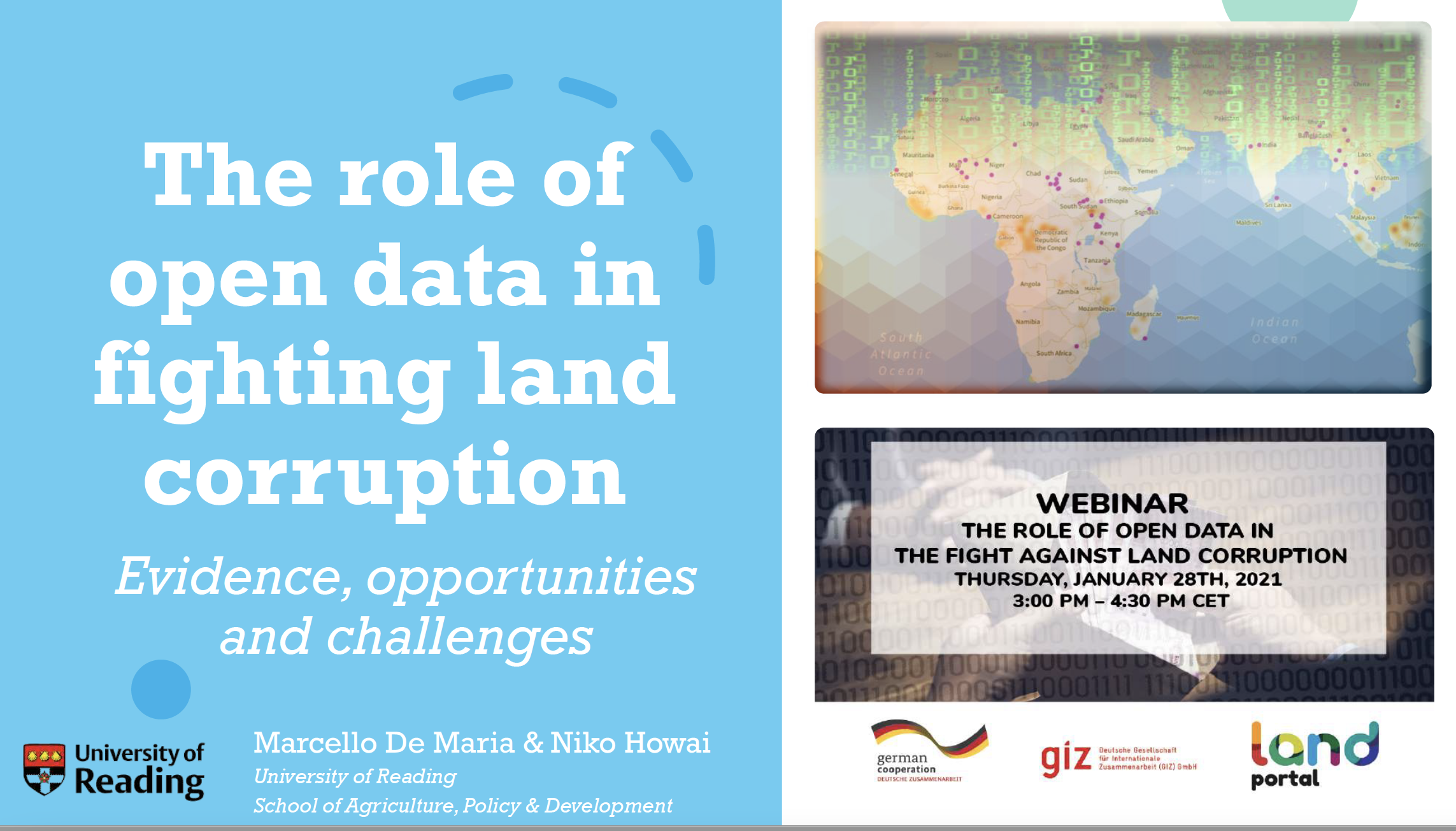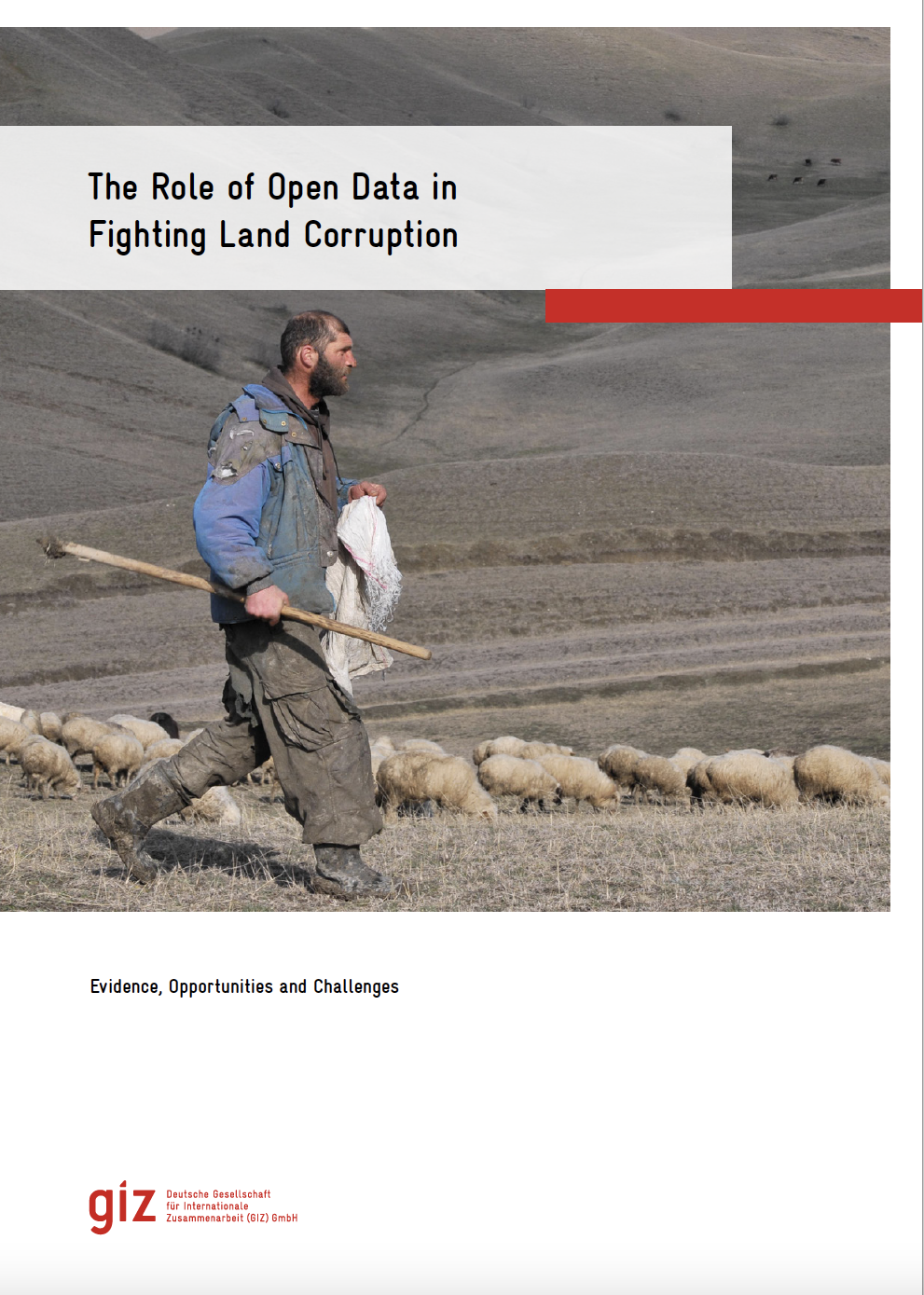A Game Analysis of Farmland Expropriation Conflict in China under Multi-Dimensional Preference: Cooperation or Resistance?
The process of urbanization in China has been accompanied by the conflict of land expropriation, which is not conducive to social stability.












